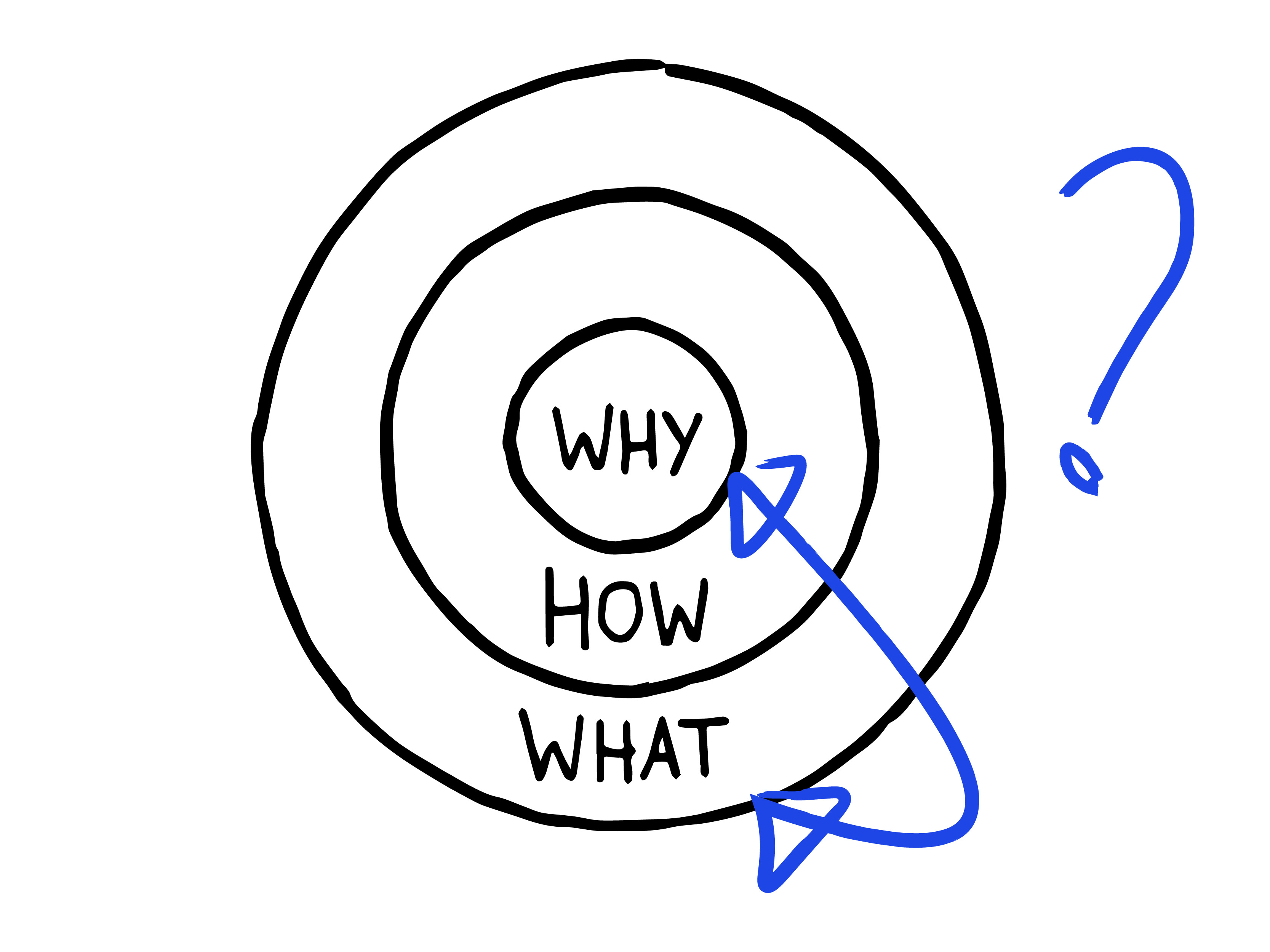
Here are the 6 essential qualities of a grounded leader
The heart of an organization are its leaders. Without them there is no beat, no impulse,
no initiative whatsoever. This is why strong leadership is so important to an organization. This has always
been the case, but in a time where a pandemic, inequality, global unrest, and climate change dominate the
political and corporate agendas, it is more so than ever.
With leaders I don’t refer to just the top of the organization or its middle management. I mean all people
in an organization from whom leadership can be expected. This includes people in formal leadership positions—such
as the board or management team—but also informal leaders at whatever position in the organization.
But what makes a good leader—especially in the uncertain times that a crisis brings? We certainly need no HiPPOs –
leaders that believe that the Highest Paid Person’s Opinion is all that counts. And we also don't need old style
top-down, "bossy" leadership, telling people exactly what to do. But we also don't need fuzzy or overly democratic
leadership where it is unclear who is in charge or where the majority vote is all that counts.
But what then? For defining the type of leadership that is needed, the literature is full of descriptions and typologies.
There is the traditional autocratic leadership, charismatic leadership, visionary leadership, participative leadership,
servant leadership, transformational leadership and so on and so forth. Especially the last type gets a lot of attention
today. It highlights the role of a leader as a facilitator of change (transformation) in the organization.
Transformational leaders challenge and motivate others to enhance their productivity and efficiency through
communication and high involvement.
Even though transformational leadership may have a lot of advantages compared to other types such as autocratic and
charismatic leadership, it is not necessarily the best type of leadership for strategy. Of course the motivational
approach may be useful, but making strategy happen requires additional skills too, especially in times of crisis.
These are not necessarily in conflict with transformational leadership, but need to be explicitly mentioned as well.
What we need is grounded leadership. It implies all the dictionary meanings of the word grounded, including being wise, sensible, down-to-earth, realistic, practical, stable and unpretentious. In addition to this general sense of being grounded, grounded leaders are characterized by having the following six qualities:
- Conceptual
Leaders need to see the big picture and connect the many things that are going on. They need to be able to connect details with an overview and the short-term with the long-term. - Diligent
Leaders should be hungry for improvement and not too easily satisfied with how things are. They shouldn’t strive for perfection, but always be on the look out for ways to things better. - Tenacious. Leaders need to persist until something is done and not give up or give in too soon. They should be determined and able to make tough decisions despite uncertainty and resistance.
- Receptive. Leaders need to be open to subtle signals and listen attentively to what others say. They should be persuadable and change course based on the information they receive.
- Communicative.Leaders need to be able to express themselves clearly and persuade others to do what is needed. They should also be willing to share information and be transparent where possible.
- Caring. Leaders need to care about people and be able to put themselves in their shoes. They should treat people as human beings and take their needs into account wherever possible.
When they have these six qualities, leaders will be able to lead an organization—or a unit, department, or
team—effectively and in a grounded manner. They will be able to balance between thinking big and acting
small, between aiming for the best and being pragmatic, between insisting on their own views and listening
to others, and between the organization’s interest and people’s personal interests.
Such leaders have what it takes to effectively identify and address strategic issues and opportunities
together with the rest of their organization—in times of crisis and in "normal" times. Do you have what
it takes to be a strong, grounded leader?
Being able to withstand such storm and focus on what is really important with respect to strategy is a challenge. It requires a grounded attitude and approach to strategy—the kind of approach that all strategy consultants should adhere to.
Copyright notice: the six qualities described above were taken from The Strategy Handbook.
Inverting Sinek’s Golden Circle: why ‘what’ is a better basis for strategy than ‘why’
Simon Sinek’s Golden Circle recommends that you should always start with the inner circle “why.” Instead, there are good reasons to argue that starting with the value that you offer through your products and services is generally a better idea.
Read article
What is ‘agile’ strategy and is it (still) a good idea?
The idea behind agile strategy is not new. You quickly find papers and articles about quality, focus adoption, and transformational agile strategies. But is this move toward “agile” a good idea?
Read article

I am Jeroen Kraaijenbrink and I have been consulting and mentoring CEOs and leaders in strategy affairs for over 10 years.
With my 20+ years venture as an academic in strategy and management theory, I've written several articles to improve your strategy,
management and organization.

I write articles bi-weekly on my newsletter.
Learn about relevant industry knowledge and the latest strategy and leadership developments by subscribing to my newsletter.

